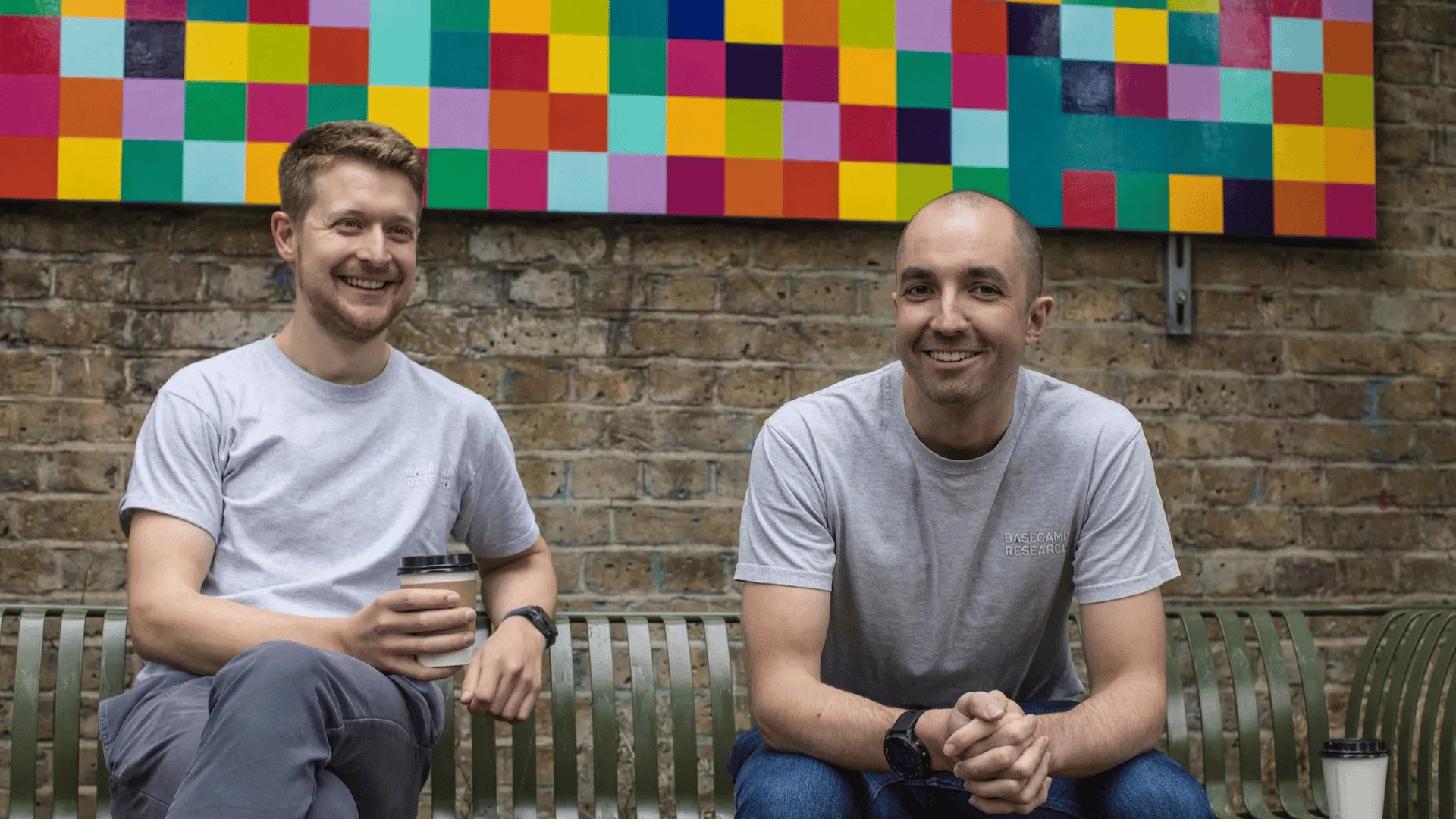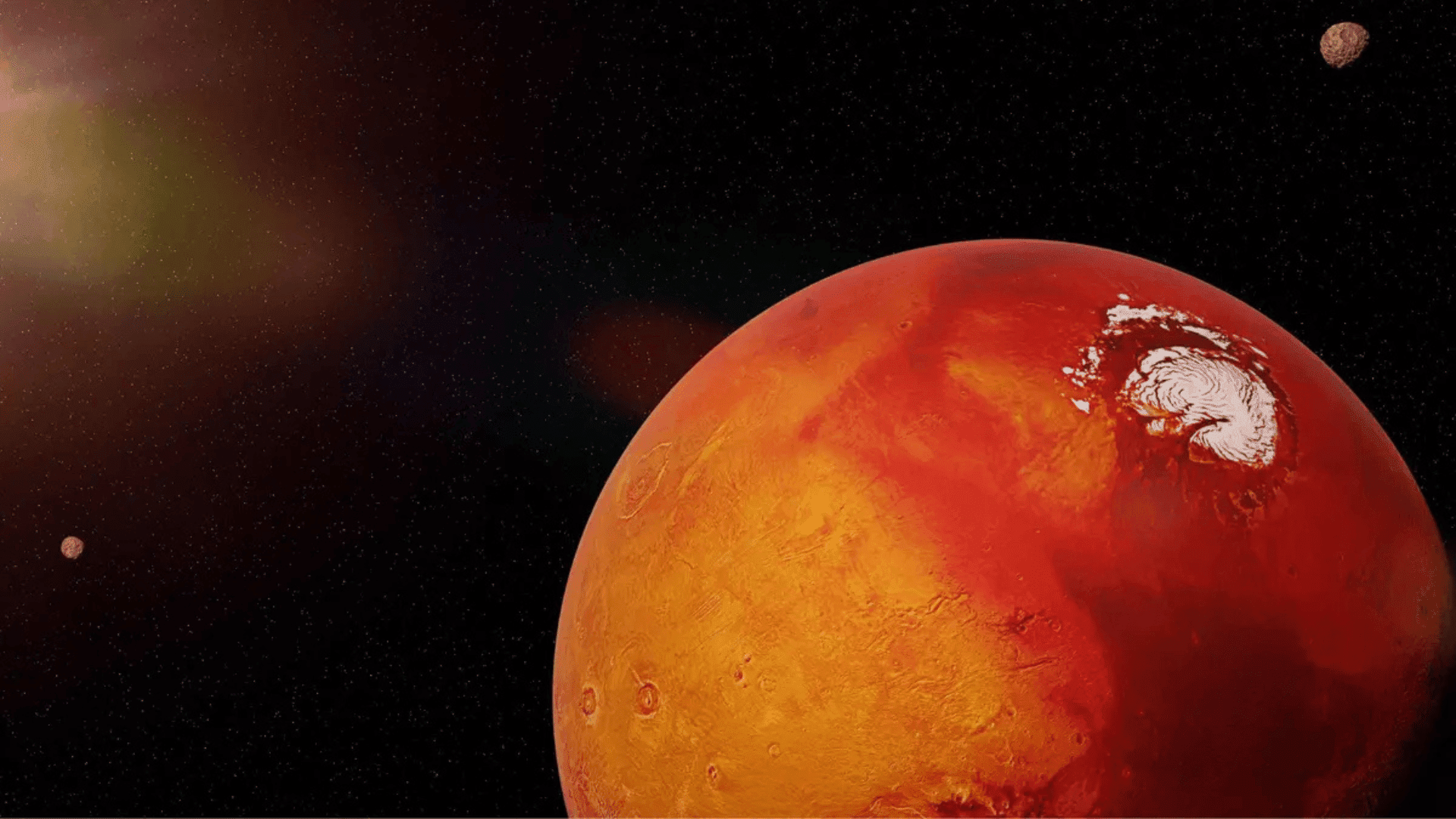A London startup called Basecamp Research has raised $60 million to build an AI agent that specializes in biology and natural biodiversity.

“There is an enormous data gap that exists today where people are training [biology] models,” said Glen Gowers, the co-founder and CEO of Basecamp Research, in an interview. “Some of the top pharma companies in the world are training models that simply don’t see enough of the natural world.”
According to Gowers, Basecamp Research has secured more than 100 partnerships with organizations across 25 countries, 15 of which are using its AI to build new and sustainable products. For example, Procter & Gamble uses models to design detergent enzymes to clean stains at cold temperatures.
Though there are many books and data in the field of biology, much of that data is outdated, unstructured, or inconsistent. For this reason, Basecamp Research is meticulously gathering primary data first-hand to build its AI models.
“We use a combination of exploration — literally going around the world to pick up data, understand hot springs, volcanoes, those sorts of things — and combine that with an artificial intelligence program that is focused purely on training massive language models to build, effectively, a ‘ChatGPT’ for nature,” Gowers said.
The company has also gathered what may be the “largest compute cluster” dedicated to the natural world to power the model. The goal is to create an AI system that will be capable of better insights and inquiries into the field of biology than any human simply because it can house so much knowledge.
As backer Andy Conrad of S32, previously CEO of Verily Life Sciences at Google, says, Basecamp Research’s platform can “address questions that the biopharma industry hasn’t even known to ask.”
“So rather than something that understands the language of text or speech, [our platform] understands the language of DNA, understands the language of biology, and therefore can go past what humans can do in the biological design space,” Gowers continued. “We are traditionally very bad at understanding DNA, and therefore, these language models, if given enough data, can really, really, really excel.”






